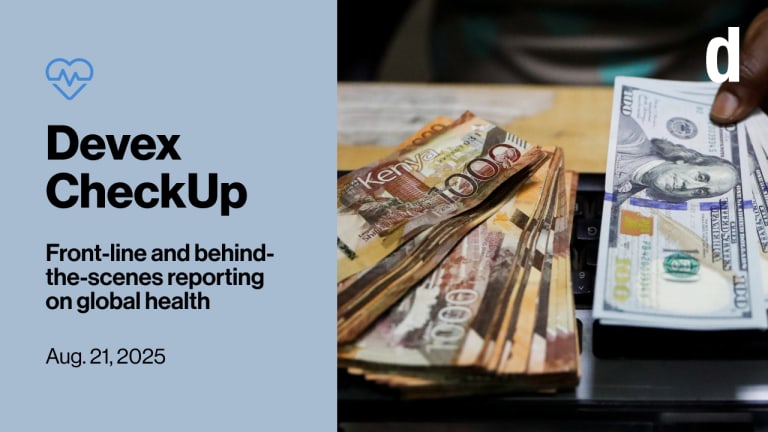
Good health is critical to advancing economic opportunities for women and the societies in which they live. Decades of data have already shown the power of good health to positively transform economies — and what poor health does to undermine them. One extra year of life expectancy has been shown to raise gross domestic product per capita by about 4 percent. Nearly one-quarter of growth in low- and middle-income countries from 2001-2011 came out of improvements in health.
There is, however, a unique case to be made for investing specifically in women’s health. Despite progress made and years of evidence-based advocacy, a startling fact remains: Nowhere in the world do women have full control over their health because of the limitations and barriers to effective, open sexual and reproductive health care.
A new report by the United Nations Population Fund, “The Power of Choice” finds that throughout the world, cultural, social, and political biases and barriers still make it impossible for some women to choose whether and when to have children, and how many to have. The end result of this outright discrimination is that in some countries, one woman dies every two minutes from a complication of pregnancy or childbirth.
The risk to women’s health has effects that go far beyond an individual woman. A woman’s health affects her household, community, and country. When women have access to the tools they need to control whether, when, and how often to have children, their families benefit too.
Women invest 90 percent of their income back into their families, compared to 30-40 percent for men. Evidence also tells us that children who lose their mother are more likely to die before the age of 2 than those who don’t, and if they do survive, they are more likely to be socially and economically disadvantaged for the rest of their lives.
At the macrolevel, it’s about economic security. Existing studies show that prioritizing women’s health is tied to long-term productivity. It results in improved population health, better-educated societies, and increased household finances.
If women are able to participate in the labor force in the same way that men are, there could be a $28 trillion increase in global GDP by 2025. Further evidence indicates that investments of just $5 per person per year in 74 countries — those that hold 95 percent of the global burden of maternal and child mortality—would yield up to nine times the economic and social benefit by 2035.
As a woman, a mother, and a physician, I am compelled by the need for a woman to have access to family planning. It may not only save her life but also secure her future and that of those around her. Access and agency can allow her to plan and care for those she needs to, pursue her education, grow her businesses, advance her career, and so much more.
These arguments, though, are not novel. They are instead — somehow — controversial. My hope is that the expediency of discussing women’s sexual and reproductive health and rights as a crosscutting economic and political issue will resonate instead. When moral and equity arguments fail, pragmatism might win.
At a time when women’s dignity and rights are under daily assault — whether through discrimination, endemic sexual assault, Twitter rants, Senate votes, policies, or cultural “norms,” I am empowered and heartened by the glimmers of change and the outpouring of female and supportive male voices.
But if we cannot see the very basic and evident moral, ethical, and human argument for a women’s right to health, we should embrace the evidence of the impact of investing in women’s health. It will mean better community, country, global, economic, political, population, and climate security.
There is a simple truth: Investing in women's health creates a ripple effect that results in healthy societies on all levels.
It offers an incomparable return on investment: When women have control over decisions about our bodies, our lives, and our families, communities, and countries will benefit. Our futures — and yours — will be better.








